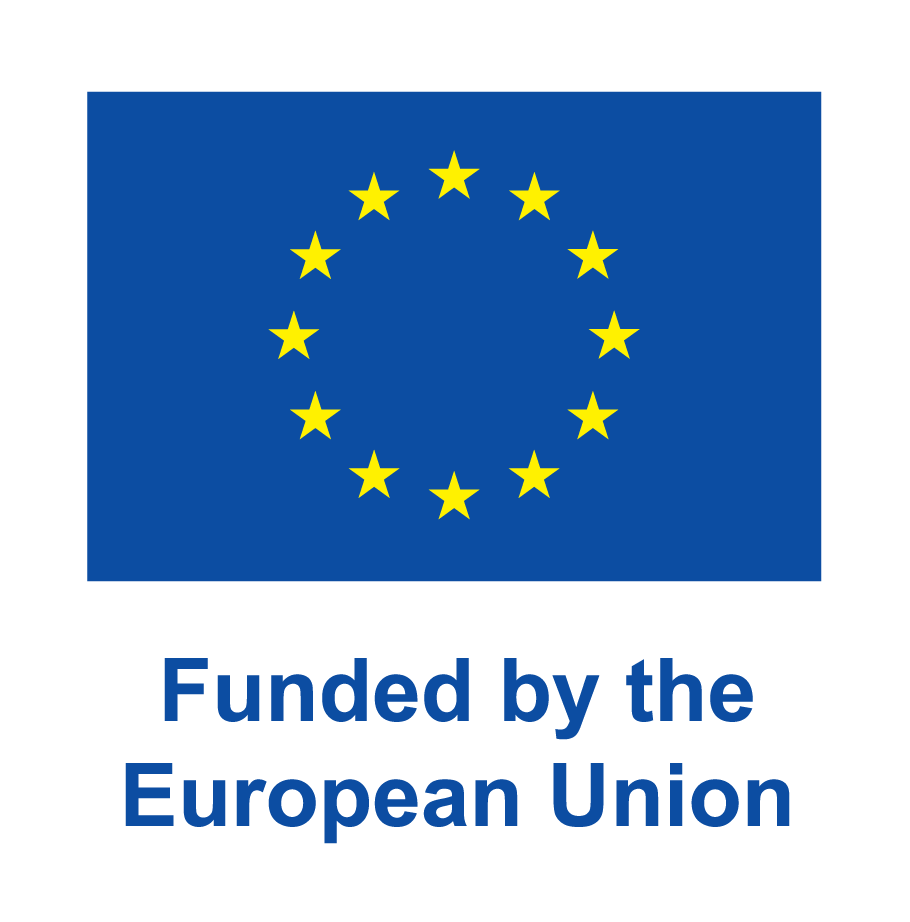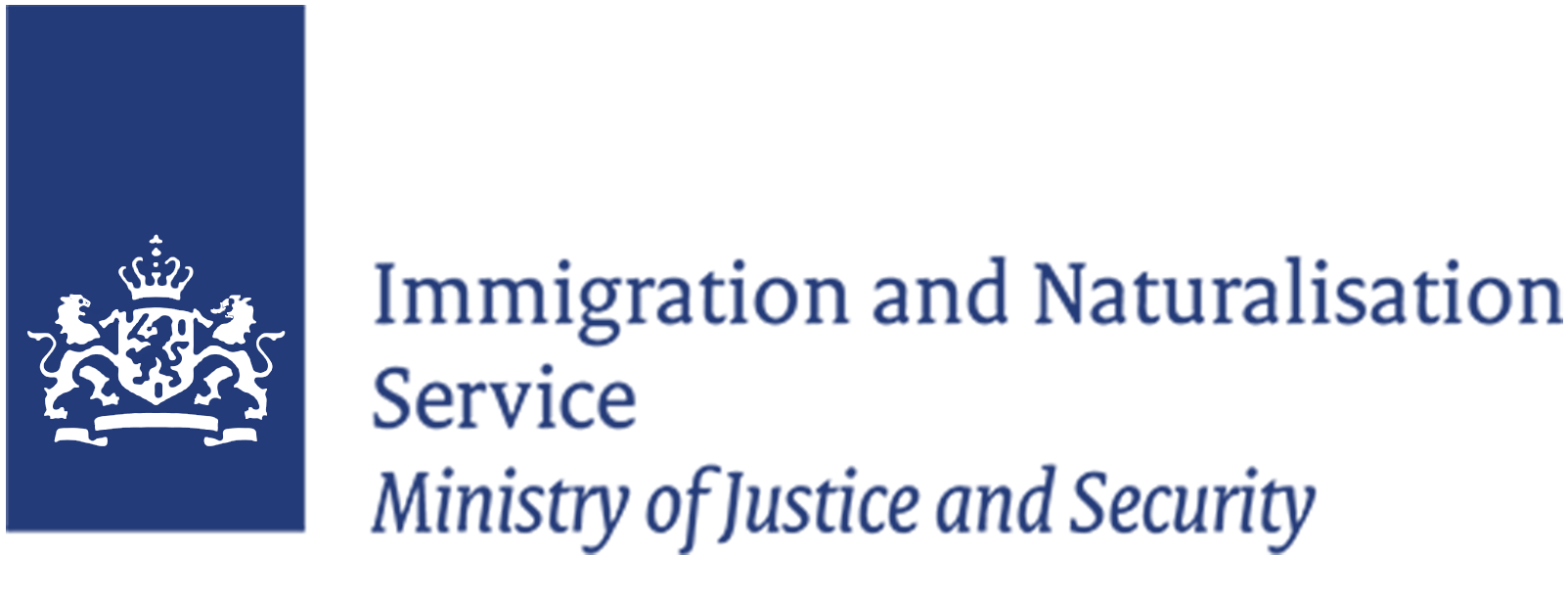The EU wants to attract more researchers from outside the EU and encourage them to stay after finishing their research. These researchers can bring important expertise and knowledge to European universities and other research institutions. In view of growing labour market shortages, the EU aims to sustain a skilled work force by attracting researchers from outside the EU.
EU Member States prioritise attracting and retaining international researchers
For most EU Member States, attracting and retaining international researchers is a policy priority, although Member States vary in their approach.
Attracting researchers
Most Member States promote their own country in non-EU countries in order to attract researchers. Member States do this mainly through information days, websites, media campaigns and/or distribution of leaflets (AT, BE, BG, CZ, DE, EE, EL, FI, FR, HR, LU, SE, MT, NL, PL, SI, SK). Three Member States offer research grants (AT, BE, MT).
Researchers who want to come to the EU can apply for a residence permit under the Students and Researchers Directive (Directive 2016/801). In addition, researchers who will work for companies and research institutions in the private sector can also obtain a permit through other admission schemes, for example through the EU Blue Card, a residence and work permit for highly skilled knowledge migrants from outside the EU (AT, BE, CZ, DE, EL, EE, ES, FI, LT, HR, LU, LV, NL, PL, SE, SI, SK). However, the EU is set to change its Blue Card policy, limiting researchers from outside the EU to only be able to stay in a Member State under the Students and Researchers Directive. In the Netherlands, researchers will then no longer be able to apply for a residence permit as a highly skilled migrant neither.
Retaining researchers
In order to encourage researchers to remain after finalising their research, Member States are focusing on:
- relaxing the requirements for a residence permit to work or start a business, exempting the application from the labor market test or from the minimum wage requirement (CZ, DE, EE, ES, FR, IE, LT, LV, SE, PL);
- providing assistance upon arrival, such as opening a bank account (BE, BG, CZ, EE ES, FI, FR, HR, IE, MT, NL, SE, SK) and registering in a municipality (AT, BE, BG, CZ, ES, FI, FR, HR, IE, LT, NL, SI, SK);
- offering a job search period (all Member States except Belgium), for which international researchers are granted a temporary residence permit for 9 months (CZ, DE, EE, LU, LV, PL, SK) or for 12 months, as is the case in the Netherlands (AT, CY, EL, ES, FR, FI, HR, LT, NL, SE).
A limited number of researchers make use of these opportunities. In the Netherlands, thirty researchers utilised them in 2020, while only twenty did in 2019.
Barriers to attracting and retaining researchers
Complex administrative procedures (AT, BG, DE, HR, PL, SE) or a lack of opportunities for family of the researcher to work in a Member State (DE, EE) can be a barrier for researchers to come to, or stay in a Member State. To tackle this, the Netherlands and Germany are improving information on career opportunities after the end of a research project.
Sectors
Eleven Member States prioritize certain sectors for recruiting and retaining international researchers, namely the 'STEM' sectors: Science, Technology, Engineering, Mathematics (BG, DE, EL, ES, HR, LT, LU, LV, PL, SK, SI). For 10 Member States (AT, BE, CZ, DE, EE, ES, FI, HU, IE, LV, NL, SE) this is not the case.
Covid-19
In Bulgaria and Poland, the COVID-19 pandemic increased the need for international researchers, especially in the health sector. However, travel restrictions during the pandemic severely limited the possibilities to come to the EU and sometimes hindered the execution of ongoing research projects.
Publication
Read the EMN Inform and research description: 'Study: Attracting and retaining international researchers'


